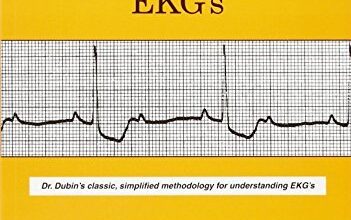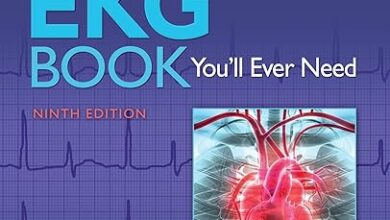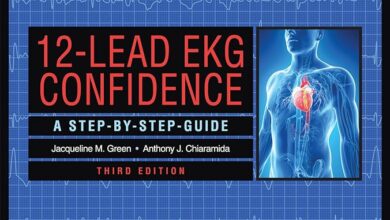Recent Advances and Challenges in Cardiology
Recent Advances and Challenges in Cardiology
The new edition of Future Cardiology highlights new approaches in molecular medicine and cardiovascular therapy. The volume is an essential addition to the ever-growing population of cardiac patients. It reflects major developments in bioengineering and system modeling, and provides an accessible at-a-glance format that is critical to today’s busy clinical community. In the pages of Future Cardiology, the authors share the latest advances in this fast-moving field.
The online training platform, called ESCeL, will be accessible to cardiologists throughout Europe. It will offer a virtual learning platform to train young physicians on the latest advances in cardiovascular science. This will also allow trainees to participate in friendly competition to improve their quality of care. As the project develops, it will involve many challenges and changes, but will help improve cardiologists’ communication and access to ongoing education. This new tool will enable the ESC to foster a more collaborative environment for researchers, clinicians, and patients.
The ESC has created a variety of grant opportunities for cardiologists in training. This includes several for specific topics in cardiology. The goal is to minimize duplication by using artificial intelligence to match previous orders and highlight potentially harmful procedures. A fellowship can provide the opportunity to gain more research experience, and it can even foster collaboration between two institutions. Further, the document will also offer a framework for the incorporation of new technologies and techniques into routine clinical practice.
Despite the numerous benefits of the advanced visualization tools, future cardiology isn’t yet equipped to handle the increased workload. Moreover, the journal’s ISSN (International Standard Serial Number) is an alternative to the Journal Impact Factor and measures the scientific impact of periodicals. With an ISSN of 14796678, the Journal has achieved an overall h-index of 33, which is an excellent score. In addition, it is available through remote image viewing systems, integrated into the EMR, and 3-D printed models for procedural planning.
The ESC is also interested in international exchange programs, which provide young cardiologists with a wealth of experience. The program’s rich volume of noninvasive vascular studies is the primary focus for cardiology fellows in general, and vascular imaging trainees in particular benefit from the shared educational resources. The ESC’s interest in international exchange programmes aims to develop a generation of young professionals who will be future cardiologists. The ESC’s goal is to provide quality improvement and research opportunities in health care.
One of the latest issues of Future Cardiology is dedicated to the advancements in cardiac care for women. The issue focuses on new challenges and advances in cardiac care. In addition to addressing the needs of patients, the journal has made it possible for patients to live healthy lives without drugs. The editors recommend the use of this technology for clinical trials, and the magazine is also available online. Further, it is a valuable resource for cardiologists and their research.
Despite the recent evolution of the field of cardiology, there are still very few data regarding the choice of cardiology training for trainees in internal medicine. While there are some data on the preferred subspecialties for internal medicine trainees, few of them choose to focus on vascular care. This is why it is important to understand the preferences of a trainee in the future to help him or her decide which path to take. However, this is not an exhaustive list of the reasons why a future in cardiology will be so bright.
Increasing use of artificial intelligence in the field of cardiology is an example of this technology. The advent of artificial intelligence in heart disease has facilitated the development of multidisciplinary systems for cardiovascular care. The use of robotics, for example, has become widespread in the field, while new technologies in the fields of diagnostics and surgical treatment are improving patient safety. For future cardiac care, it is important to understand the impact of such innovations on the profession and its patients.
In addition to cardiac pacemakers and implantable defibrillators, new technologies in cardiology have dramatically improved patient survival. In the next few years, more patients will be able to be treated with fewer medical complications. In the meantime, improvements in the field will be needed to reduce the incidence of congestive heart failure. This course will help students in their career development by exposing them to the latest advances in the field.




